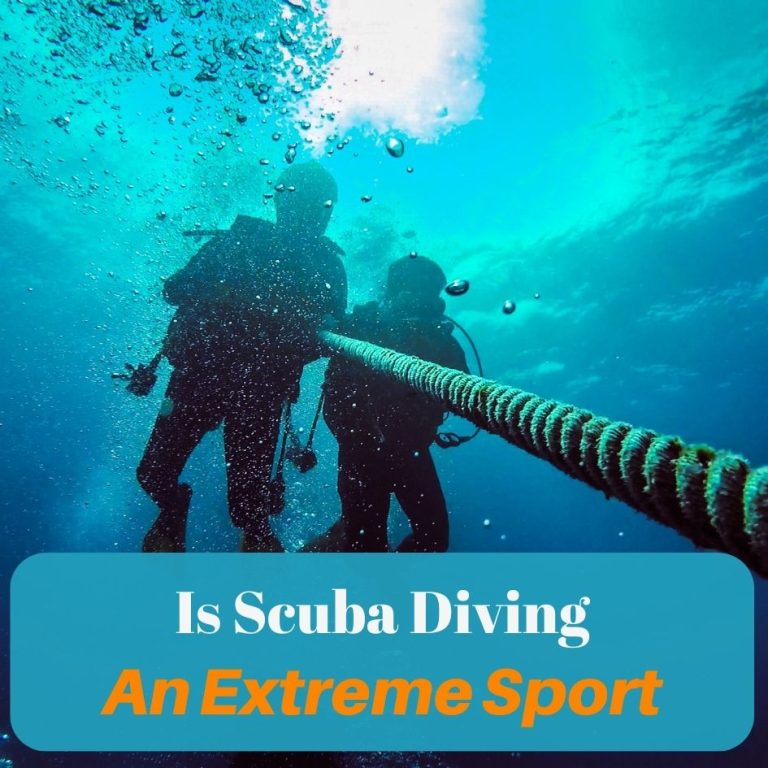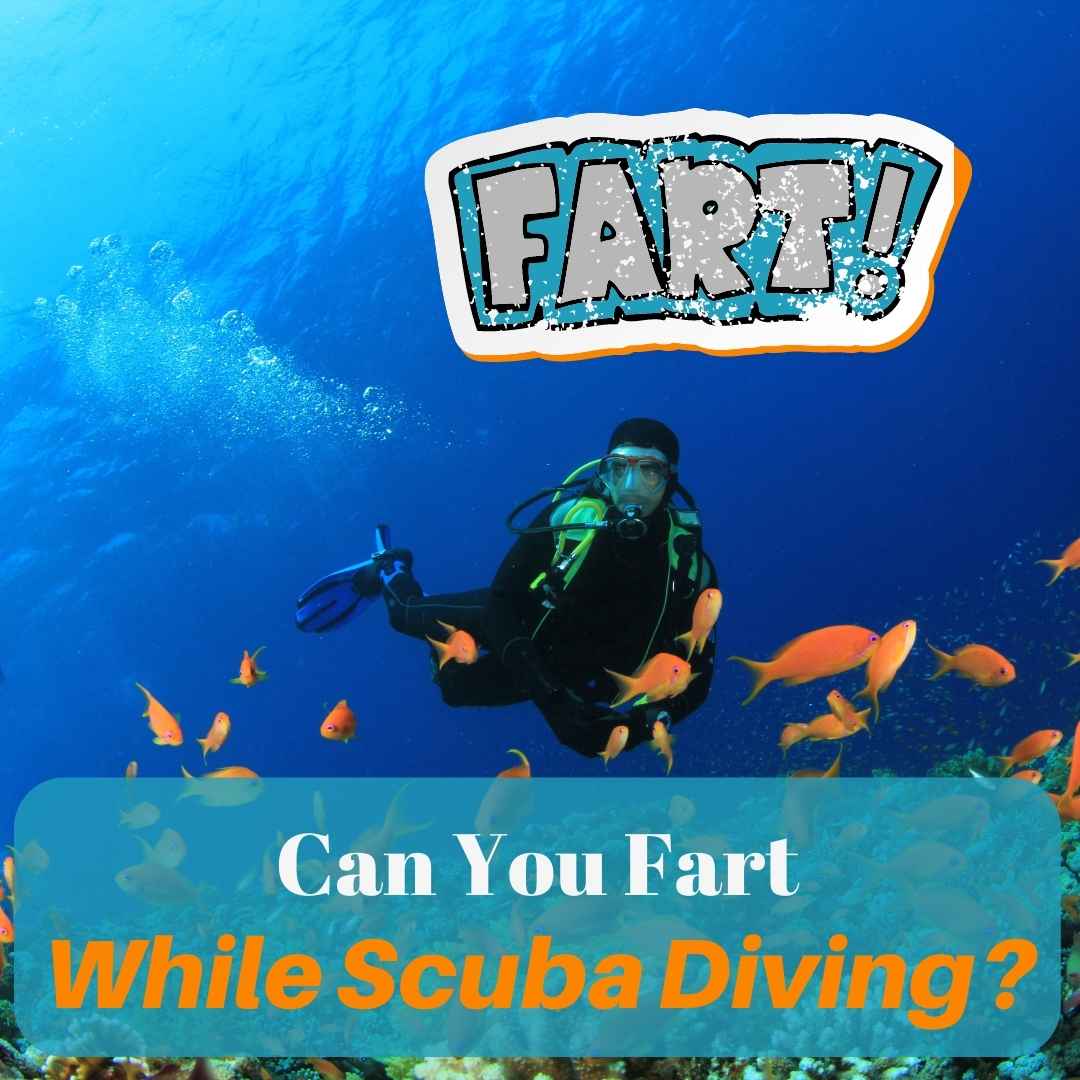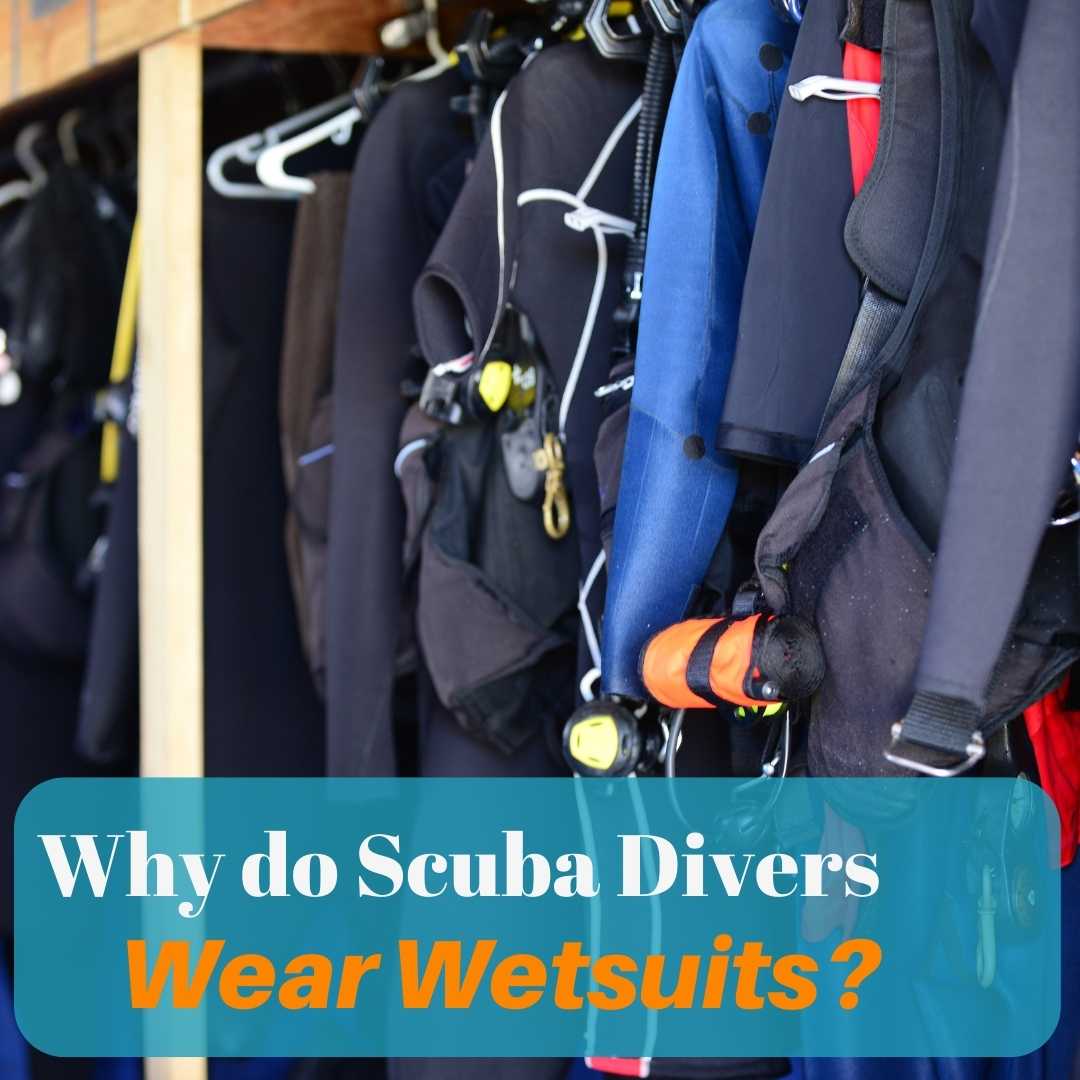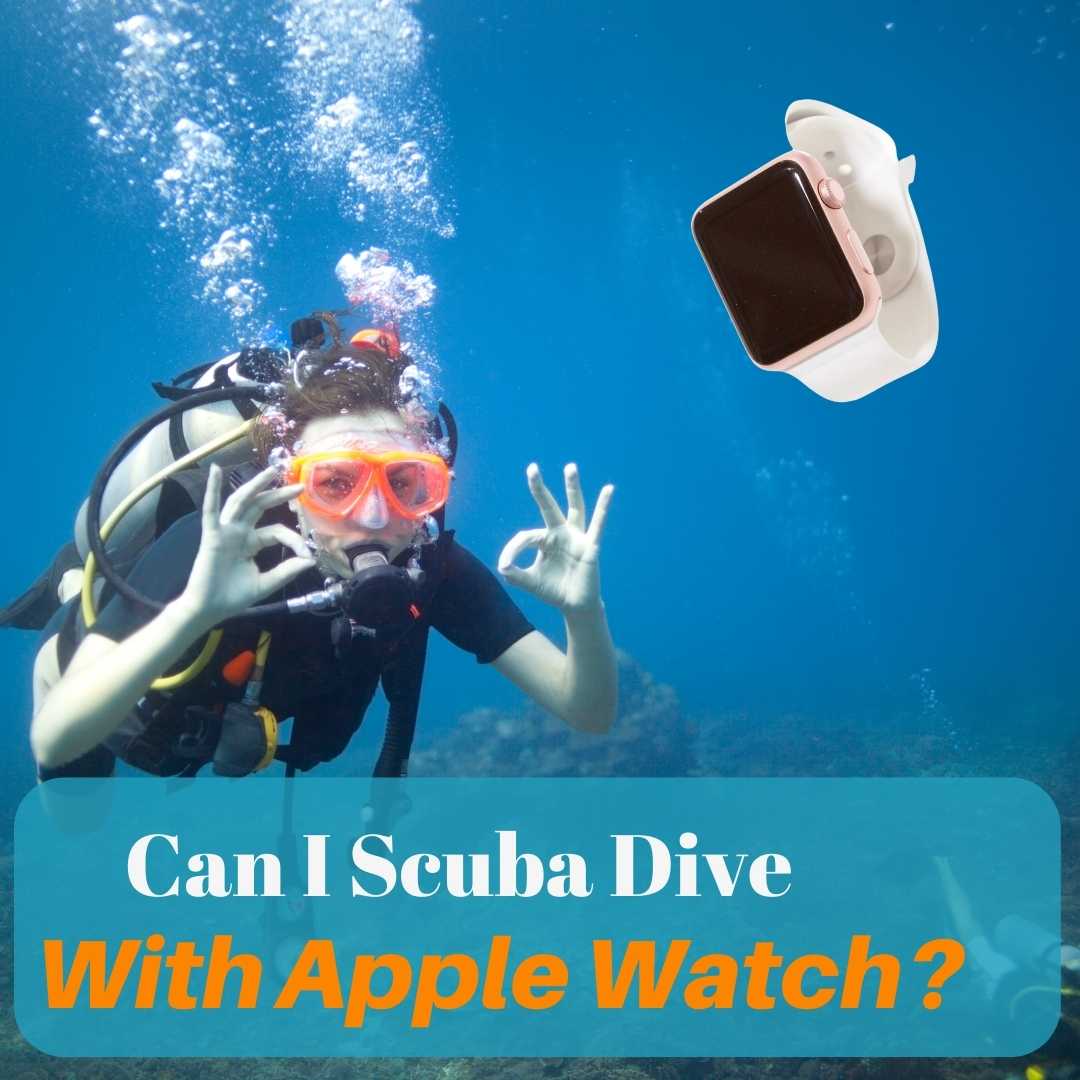Scuba diving, known for its serene exploration of the underwater world, often conjures images of exotic marine life and peaceful coral reefs. However, this activity can transition from a leisurely swim to an extreme sport depending on the specific type of diving and the environment in which it is practiced. The term ‘extreme sport’ is associated with activities that involve a higher level of inherent danger, adrenaline, and excitement, often pushing the boundaries of human capabilities and endurance.

While traditional scuba diving may not always meet the extreme sport criteria due to its focus on safety and accessibility, certain forms of diving such as wreck, cave, ice, and drift diving escalate the risk due to challenging conditions and the advanced skills required. These forms of diving reach the threshold of extreme sports as they present divers with environments that are often unpredictable and require specialized training to navigate safely. Safety regulations and extensive training programs are in place to mitigate these risks, underscoring that while scuba diving can be extreme, it emphasizes safety and preparedness as paramount.
Key Takeaways
- Scuba diving’s classification as an extreme sport depends on the diving form and conditions.
- Certain types of scuba diving qualify as extreme due to higher risks and required expertise.
- Safety and thorough training are crucial elements in managing the risks associated with extreme scuba diving.
Table of Contents
Definition of Extreme Sports

This section examines what qualifies as an extreme sport, focusing on their defining features and how scuba diving fits into this category.
Characteristics of Extreme Sports
Extreme sports are distinguished by several key factors:
- High Risk: Involves inherently higher levels of danger where the risk of injury or death is notably present.
- Physical Exertion: Requires intense physical activity and often a significant level of fitness and skill.
- Specialized Equipment: Necessitates specialized gear designed for the sport’s unique challenges.
- Environmental Factors: Athletes contend with unpredictable natural elements like weather, water, or terrain.
Scuba Diving Characteristics
Scuba diving aligns with extreme sports’ characteristics through:
- Risk Factor: Diving poses risks such as decompression sickness and encounters with potentially dangerous marine life.
- Physical Training: Divers must be trained and physically prepared to handle challenging underwater environments.
- Diving Gear: The sport demands the use of specialized equipment like oxygen tanks, regulators, and buoyancy control devices.
- Uncontrolled Environment: Divers immerse themselves in settings where variables such as currents and visibility can swiftly change.
Scuba Diving as an Extreme Sport

While scuba diving can be a serene and enjoyable activity, it also carries inherent risks that can align it with extreme sports under certain circumstances.
Risk Factors in Scuba Diving
- Depth and Decompression Sickness: Diving too deep or ascending too quickly can lead to decompression sickness, where dissolved gases in the blood form bubbles as pressure decreases.
- Marine Life Encounters: Close interactions with certain marine life can pose potential hazards, such as stings, bites, or allergic reactions.
- Equipment Malfunction: Reliable equipment is crucial in scuba diving; a failure in the breathing apparatus or buoyancy control can result in a life-threatening situation.
Scuba Diving Skill Levels
- Beginner: At this level, divers are taught the basics of equipment usage, underwater breathing, and safety procedures in controlled environments.
- Advanced: Advanced divers can explore more challenging conditions such as night dives, wrecks, and deeper waters, which require additional training and experience.
- Technical Diving: This is a specialized area involving dives beyond recreational limits, often requiring divers to manage multiple gas mixes and decompression procedures.
Differences from Other Extreme Sports

Scuba diving is distinct among extreme sports due to its unique environment and skill set. It requires mastery over specialized equipment and understanding of underwater conditions.
Comparison with Adventure Sports
Scuba Diving:
- Environment: Aquatic, reliant on life-support equipment
- Risk Level: Varied; depends on dive type and conditions
- Skill Set: Emphasis on buoyancy control, navigation, and air management
Adventure Sports (e.g., rock climbing, trekking):
- Environment: Terrestrial, often with variable weather conditions
- Risk Level: Often perceived as high; mitigated by skill and equipment
- Skill Set: Focuses on strength, endurance, and problem-solving
Scuba Diving Versus High-Adrenaline Sports
Scuba Diving:
- Pace: Generally slower and methodical
- Adrenaline Factor: Can be high in advanced dives but typically moderate
High-Adrenaline Sports (e.g., skydiving, BMX racing):
- Pace: Fast and intense
- Adrenaline Factor: Immediate and often the primary attraction
Safety and Regulation in Scuba Diving

Scuba diving combines the allure of underwater exploration with the need for strict safety measures and adherence to regulations to ensure the well-being of divers.
Safety Precautions for Scuba Divers
Scuba divers are advised to follow a series of critical safety precautions to minimize the risks associated with the sport:
- Training: Comprehensive training from certified instructors is crucial before engaging in any diving activities.
- Equipment: Regular inspection and maintenance of all scuba gear, including the Self-Contained Underwater Breathing Apparatus (SCUBA), are mandatory to prevent equipment failure.
- Buddy System: Diving with a partner ensures that immediate help is available in case of an emergency.
- Health Checks: Divers should undergo regular health assessments to ensure they are fit to dive, particularly checking for respiratory and cardiovascular health.
- Dive Planning: Every dive should be carefully planned, considering depth, duration, and environmental conditions.
Role of Regulatory Bodies
Regulatory bodies have a significant role in maintaining safety standards within the scuba diving community:
- Setting Standards: They establish guidelines for training, equipment, and dive operation conduct.
- Certification: They provide certifications to dive professionals and recreational divers after successful completion of training programs.
- Enforcement: They enforce safety protocols and investigate incidents to prevent future occurrences.
- Awareness: They promote safety awareness and positive safety attitudes among the diving community.
Frequently Asked Questions

This section addresses common inquiries regarding the risks, differences, safety measures, categorization, physical intensity, and skill requirements of scuba diving as an extreme sport.
What are the risks associated with scuba diving compared to other extreme sports?
Scuba diving carries inherent risks such as decompression sickness, drowning, and encounters with hazardous marine life. These risks can be higher than in some extreme sports due to the unique underwater environment and the reliance on specialized equipment for breathing.
How does scuba diving differ from other extreme underwater sports?
Unlike other extreme underwater activities that may involve free-diving or spearfishing, scuba diving requires the use of a self-contained underwater breathing apparatus, with its own set of skills and training. It’s less about adrenaline and more about exploration and endurance.
What are the necessary precautions to ensure safety while scuba diving?
Ensuring safety involves rigorous training, proper equipment checks, understanding the limits of one’s certification, and adhering to dive planning and communication protocols. Divers must also monitor their air supply and avoid rapid ascents to prevent decompression sickness.
How is scuba diving categorized within the array of adventure sports?
Scuba diving is often categorized as an adventure sport due to its exploration of unknown underwater environments, but it is less competitive and not typically performance-based like many extreme sports.
What level of physical intensity is required for participation in scuba diving?
Scuba diving requires a moderate level of physical fitness to handle the equipment, manage buoyancy, and respond to potential currents and changes in the underwater environment. The intensity is often less than that of other high-impact extreme sports.
How do the skills required for scuba diving compare with those needed for other high-risk sports?
Scuba diving skills focus on underwater navigation, stress management, and equipment handling. While some high-risk sports demand high physicality and quick reflexes, scuba diving emphasizes situational awareness, calm decision-making, and methodical procedure adherence.




